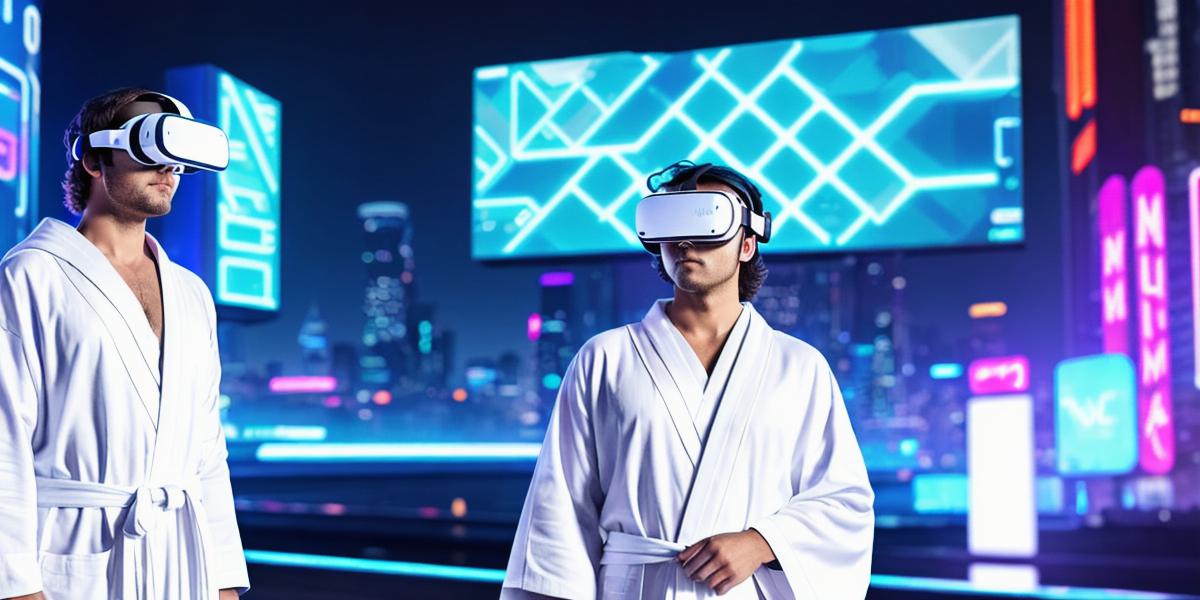Subtitle: Discover the intriguing concept of a simulated reality and explore the scientific evidence that suggests our universe may be a computer-generated simulation.
Introduction
The concept of a simulated reality has gained significant traction in recent years, with many scientists and experts postulating that our universe may be a complex computer program designed by an advanced civilization. In this article, we will delve into the scientific evidence that supports this theory and explore how simulated reality developers can use this knowledge to create more immersive and believable simulations.
The Simulation Hypothesis
The simulation hypothesis is a concept that suggests our universe may be a computer-generated simulation created by an advanced civilization. This hypothesis was first proposed by physicist John A. Wheeler in 1962, who argued that if we can create simulations of the universe, then it’s possible that an advanced civilization could have done so as well. Since then, this idea has gained momentum and has been supported by various pieces of evidence from different fields of science.
Scientific Evidence
One of the most compelling pieces of evidence for a simulated reality is the fact that our universe appears to be fine-tuned for life. The conditions necessary for life to exist are incredibly rare in the universe, and yet we find ourselves living in a universe where these conditions have been met. This suggests that an intelligent being may have intentionally created our universe to support life.
Another piece of evidence is the phenomenon of dark matter and dark energy. These mysterious entities make up about 95% of the universe, yet we know very little about them. Some scientists have proposed that dark matter and dark energy could be the remnants of an earlier simulation, with our universe being a new simulation created by an advanced civilization to replace the old one.
Additionally, the concept of quantum mechanics has also been used as evidence for a simulated reality. According to quantum theory, particles can exist in multiple states simultaneously until they are observed, which suggests that our universe may be probabilistic rather than deterministic. This raises the possibility that our reality could be a simulation, where particles only become real when an observer observes them.
Simulated Reality Developers
For simulated reality developers, understanding the concept of a simulated reality can be incredibly valuable. By exploring the scientific evidence for this theory, developers can create simulations that are more immersive and believable, as they will be working within the constraints of a simulated universe.
Furthermore, by considering the possibility of a simulated reality, developers can also explore new ways to use their simulations for scientific research. For example, if our universe is a simulation, then it’s possible that we could run experiments in our simulation that would be impossible or too dangerous to carry out in real life.
Conclusion
In conclusion, the concept of a simulated reality has gained significant traction in recent years, with many scientists and experts postulating that our universe may be a complex computer program designed by an advanced civilization. While this theory is still largely speculative, it offers intriguing possibilities for simulated reality developers to create more immersive and believable simulations, as well as new ways to use their simulations for scientific research. As we continue to explore the scientific evidence for a simulated reality, who knows what other discoveries await us in this fascinating field?
